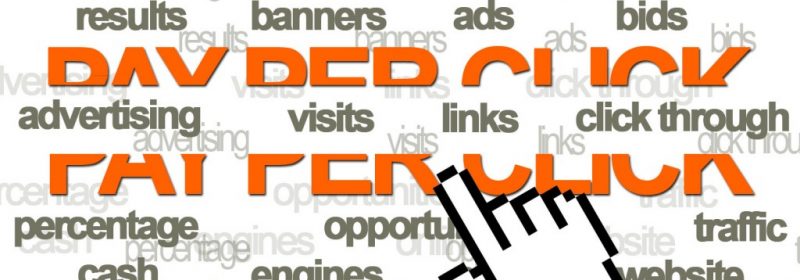Common Pay-Per-Click Misconceptions that Companies Make

It’s a commonly used marketing tactic among most firms these days, but there are still many misconceptions and misunderstandings about Pay-Per-Click. Here are the most common ones and how you can avoid them.
PPC steals organic (and free) traffic
The uninitiated often voice this argument – “why spend money on PPC when organic listings are free?” But in reality, when both PPC and SEO are done well organic traffic can increase. PPC is simply another channel from which users can get to your website, and why would you not want to offer more entry points to your product or service?
With Google Analytics you can clearly assess results and see how PPC campaigns influence overall traffic levels. With a PPC ad in the top position and a top-ranking organic listing, the increase in click throughs can be as much as 150%. This is not to be sniffed at!
And when you are in a highly competitive market and first-page organic rankings are nigh-on impossible to achieve you can use PPC to be seen. This also boosts general brand awareness.
Finally, remarketing can be used within your PPC campaigns to retarget previous visitors more specifically.
There is no need to bid on brand
If you have strong organic results and are getting a lot of natural, free traffic you may think you do not need to pay to target brand keywords. But if you don’t your competitors will, and they may just gain the edge.
Paid search ads can take up a lot of results page real estate, pushing your organic results further and further down the page. Browsers can be notoriously lazy, especially with straightforward purchases, so you could lose a lot of clicks, and revenue, if you’re not being seen quickly enough.
Best of all, bidding on your own brand term is typically cheaper than bidding for a competitor’s brand.
PPC is a quick-fix money maker
PPC will only be successful if you have the website (plus product/service) to back it up. The landing page that the searcher arrives at when they click your add has to make them convert into a customer, or at least start a relationship with your company by signing up to a newsletter, filling out a contact form etc.
This means PPC must be implements alongside SEO, both in terms of what you do on your site in terms of content and how you promote it behind the scenes. This requires a combination of creative and technical skills and strategies.
PPC is certainly a worthwhile investment for your business and can work wonders for your online results, but do not focus on it exclusively at the detriment of other web marketing strategies.
